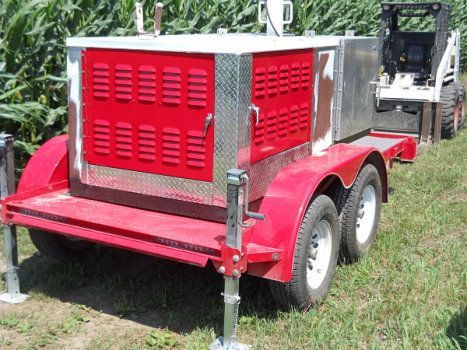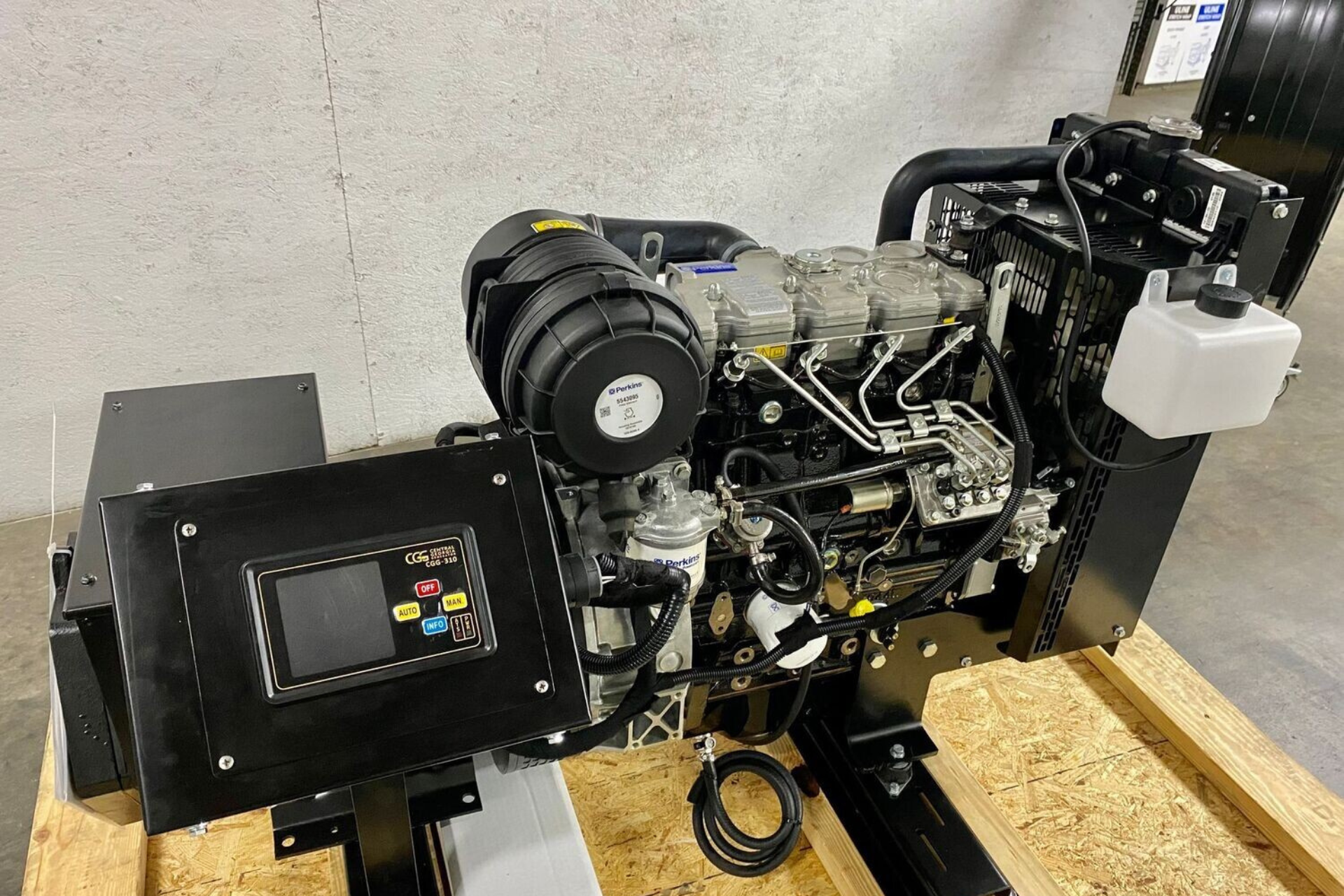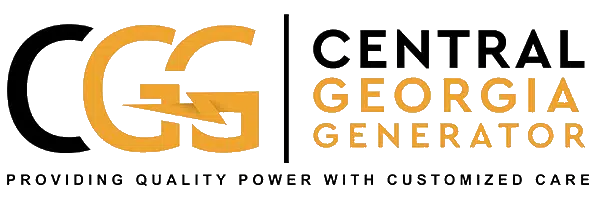Top Maintenance Tips to Keep Your Generator Ready Year-Round
Why Generator Maintenance Matters
In many areas, storms, power outages, and unpredictable weather can strike at any time. Having a generator gives you peace of mind—but only if it works when you need it most. Just like your truck or tractor, generators need routine maintenance to stay reliable.
Skipping maintenance may lead to:
- Failure to start during an outage
- Shortened equipment lifespan
- Costly repairs that could have been avoided
With the right care, your generator can serve your home, farm, or business for decades.
1. Run Your Generator Regularly
Even if you don’t use your generator often, running it once a month keeps the engine lubricated and prevents fuel from going stale. A 15–20 minute run under a light load ensures everything stays in working order.
Pro Tip: Put a reminder on your calendar so monthly exercise becomes routine.
2. Change Oil and Filters on Schedule
Oil is the lifeblood of your generator’s engine. Over time, it breaks down and collects debris, which can damage the engine.
Check oil levels before every use.
Change oil after the first 100 hours of use, then every 500 hours or once a season.
Replace oil filters with every oil change to keep things clean.
This simple step can extend your generator’s life significantly.
3. Keep Fuel Fresh and Stable
Fuel can degrade quickly, especially in hotter areas. Old fuel can clog carburetors and injectors, making your generator hard to start.
- Use fresh fuel every season.
- Add fuel stabilizer if gas or diesel will sit for more than 30 days.
- Drain unused fuel before long storage periods.
For PTO generators, make sure your tractor’s fuel and filters are also properly maintained.
4. Inspect and Replace Spark Plugs
Spark plugs wear down over time, leading to poor performance or failure to start.
- Check annually for corrosion, dirt, or cracks.
- Replace every 100 hours or as recommended by the manufacturer.
A $5 spark plug can prevent a $500 headache.
5. Clean and Protect Electrical Connections
Moisture, dust, and corrosion are enemies of reliable power.
- Inspect terminals and cords before each use.
- Use dielectric grease to protect connections.
- Store cords in a dry, covered area when not in use.
This is especially important in humid areas.
6. Store Your Generator Properly
Where you store your generator matters:
- Keep it covered to protect it from damage caused by weather.
- Store in a dry, well-ventilated area to avoid overheating, rust and moisture damage.
- Avoid direct ground contact—a pallet or mat underneath is ideal to create stability and avoid issues cause by vibration.
For PTO units, mount the generator on a carry-all, dolly or cart to keep it clean and mobile.
7. Test Your Generator Under Load
It’s not enough to just start your generator—it needs to be tested under real working conditions.
- Plug in essential equipment like lights or fans during your monthly run.
- Make sure it’s producing stable, clean power.
- If it struggles, have it serviced before the next storm.
8. Schedule Professional Service Annually
While basic upkeep is easy to do yourself, a yearly inspection by a professional ensures nothing gets overlooked. At Central Georgia Generator, we can:
- Check voltage output and frequency
- Inspect wiring and connections
- Test safety features
- Tune up your generator
This small investment pays off with long-term reliability.
Keep Your Power Reliable
Your generator is your lifeline during outages. With regular maintenance, it will be ready to power your home, farm, or business whenever you need it.
At Central Georgia Generator, we offer replacement generator heads, diesel generator sets, PTO combo kits, accessories, and expert advice to keep your equipment in top-notch shape. Whether you’re powering a small workshop or an entire farm, we’re here to help you stay prepared.












